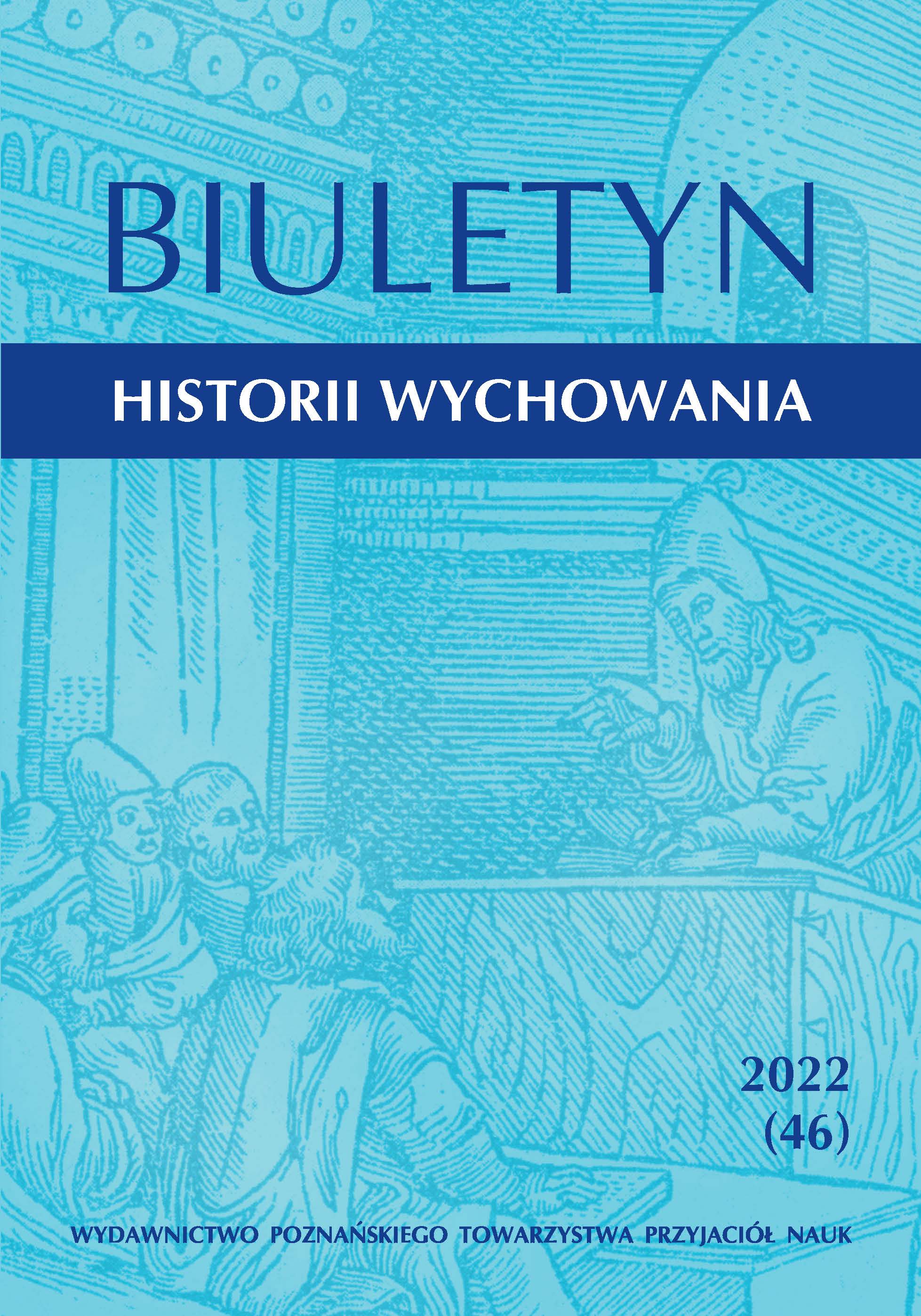History of Polish Diarism – Selected Contexts
History of Polish Diarism – Selected Contexts
Author(s): Joanna Maria GarbulaSubject(s): Social history, Polish Literature, Sociology of Literature
Published by: Uniwersytet Adama Mickiewicza
Keywords: diary; memoire; diary writing; history; methodology of historical sciences;
Summary/Abstract: In this article, I raise issues connected with the history of Polish diary writing since the Middle Ages until the early 20th century. I discuss the process and directions of establishing diary writing a separate branch of historical literature. Texts of historical nature (memoirs or diaries) were referred to by their authors as stories, notes of events, diaries or a course of life. Their origin can be traced back to medieval chronicles describing events that involved the Polish nation, in which the authors shyly included scattered and miniscule autobiographical mentions. Diary writing in Poland began to assume shape as a genre at the turn of the 15th and 16th centuries. There was a growing number of diaries in which the reality was described with a bias. This was a manifestation of the specific ‘zeitgeist’: the commonplace belief in the historical importance and meaning of the events witnessed or attended by the author, making them worth describing for future generations. Owing to vivid and expressive historical accounts, the 17th century expansive growth of diary writing entered the realm of fine literature. The 18th century brought changes in the methodology of historical sciences, as reflected by the prevalence of memoirs over diaries, and the perception of a memoir as a form of autobiography. The development of diary writing at the turn of the 18th and 19th centuries was associated with surmounting the limitations of the class system and the emergence of a modern nation as a socio-cultural structure. In this historical setting, plebeian diaries, authored by ordinary people, were gaining in popularity. Diaries were written by representatives of all classes and social strata, be it aristocracy, urban-based intelligentsia originating from nobility, peasants or workers. In the first half of the 20th century, in addition to diaries written by individuals, practised for centuries, the way was paved for mass diary writing. Writing plebeian diaries was encouraged by scholars and editors of journals. At the same time, an institution of collective and competition diary writing emerged, in which the attitude to history was similar to that advocated by representatives of the Annales schools, namely history seen in connection with everyday life.
Journal: Biuletyn Historii Wychowania
- Issue Year: 2022
- Issue No: 46
- Page Range: 7-21
- Page Count: 15
- Language: English

